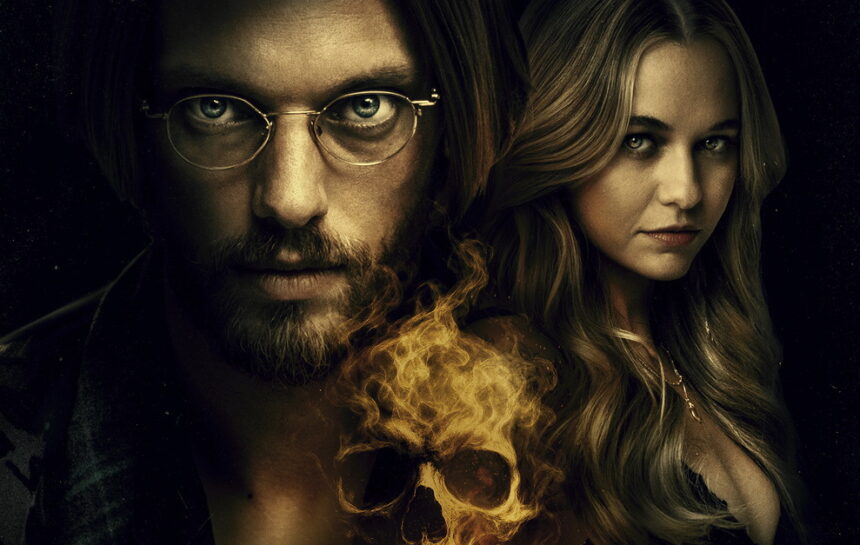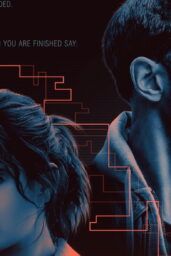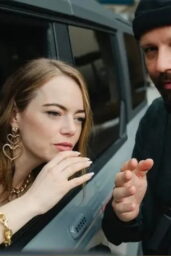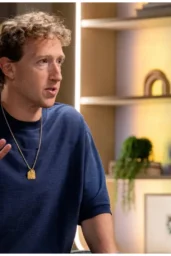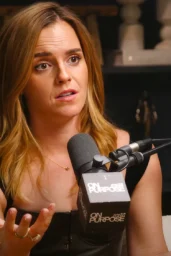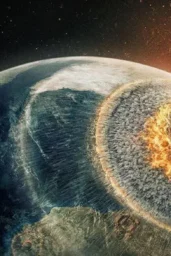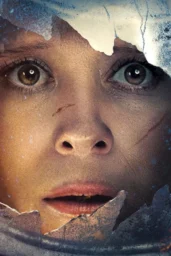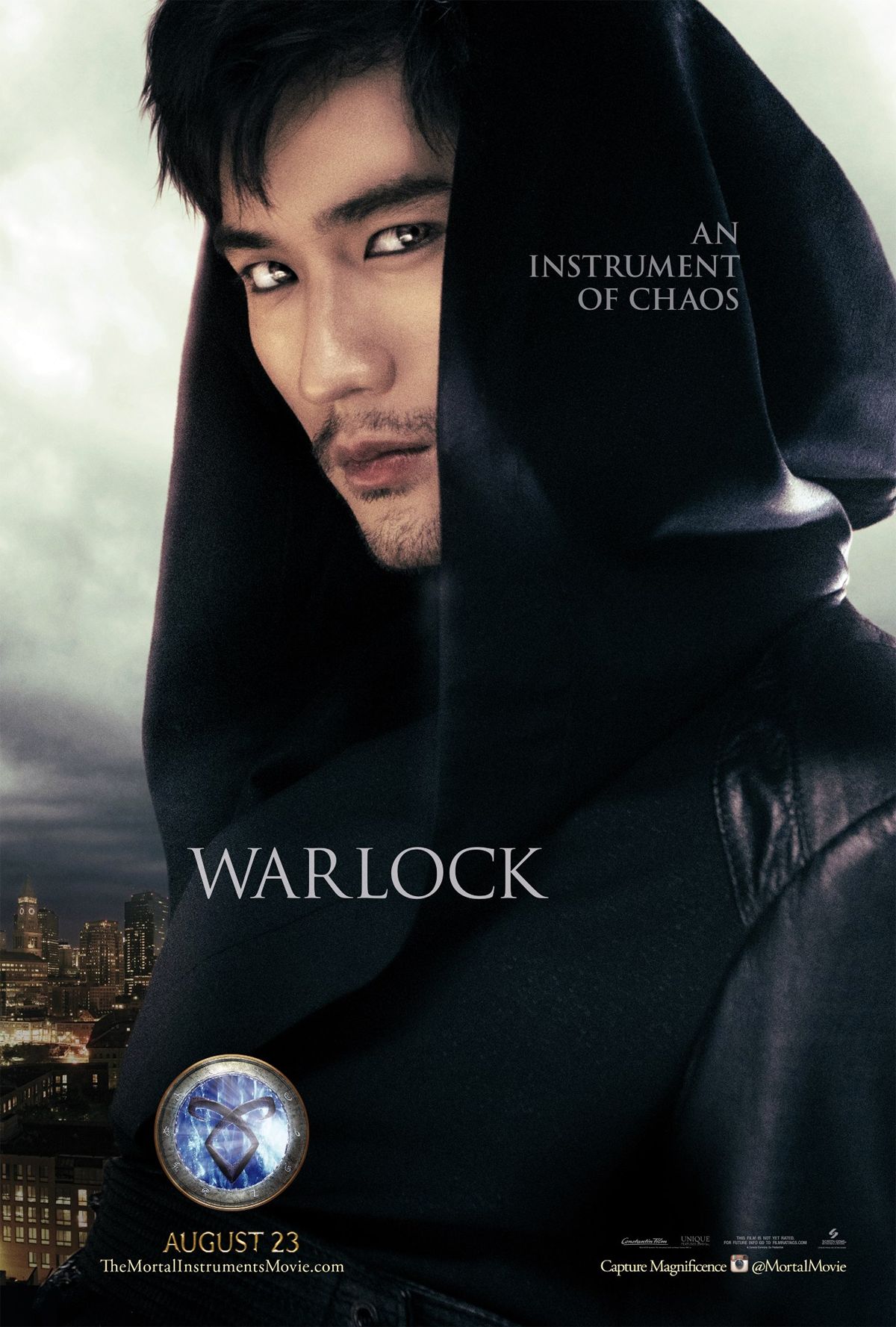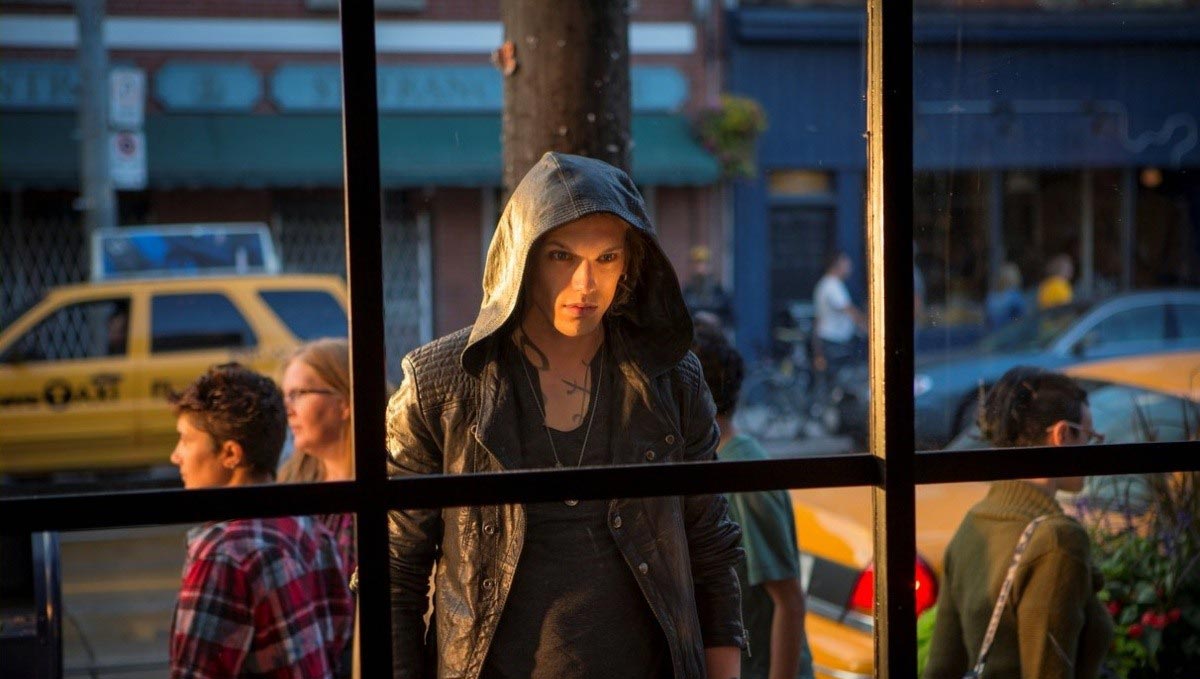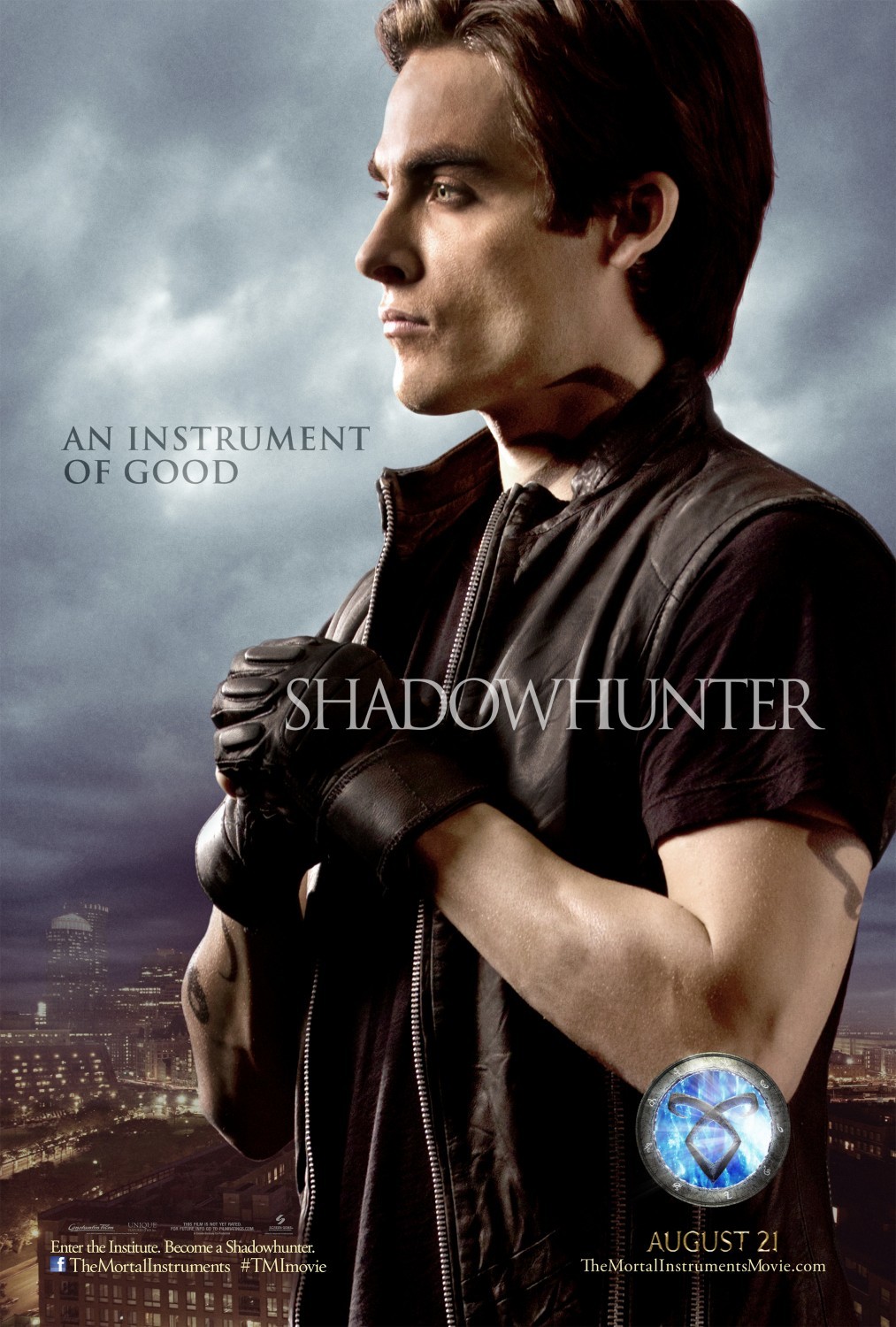The new Witchboard poster is a masterclass in eerie minimalism: a smoldering ouroboros skull atop a scorched grimoire, flanked by Madison Iseman’s wide-eyed vulnerability and Jamie Campbell Bower’s scholarly menace. It’s a visual siren song for horror fans—a promise of something ancient, urgent, and unapologetically messy. Directed by Chuck Russell (A Nightmare on Elm Street 3 ), this remake isn’t here to replicate the 1986 original. It’s here to riff on it, loud and proud.
The Trailer: Chaos as Coherence
The first trailer opens not with a Ouija board (as the OG did) but a pendulum swinging over a map of New Orleans. “Powerful forces,” Bower intones, as Iseman’s Emily writhes under sheets clawed by ghostly hands. There’s a scene of Emily and Aaron Dominguez’s Christian locked in a passionate embrace—then the camera tilts up to reveal Emily’s face contorted in terror. It’s a neat trick: blending desire and dread, making the supernatural feel intimate, almost inevitable.
Russell’s film trades the original’s campy charm for a grittier palette. The pendulum board isn’t just a plot device; it’s a metaphor for the film itself—a swing between sanity and surrender. When Emily’s reality fractures, the visuals follow suit: flickering shadows, distorted perspectives, and a haunting score that feels plucked from a midnight mass.
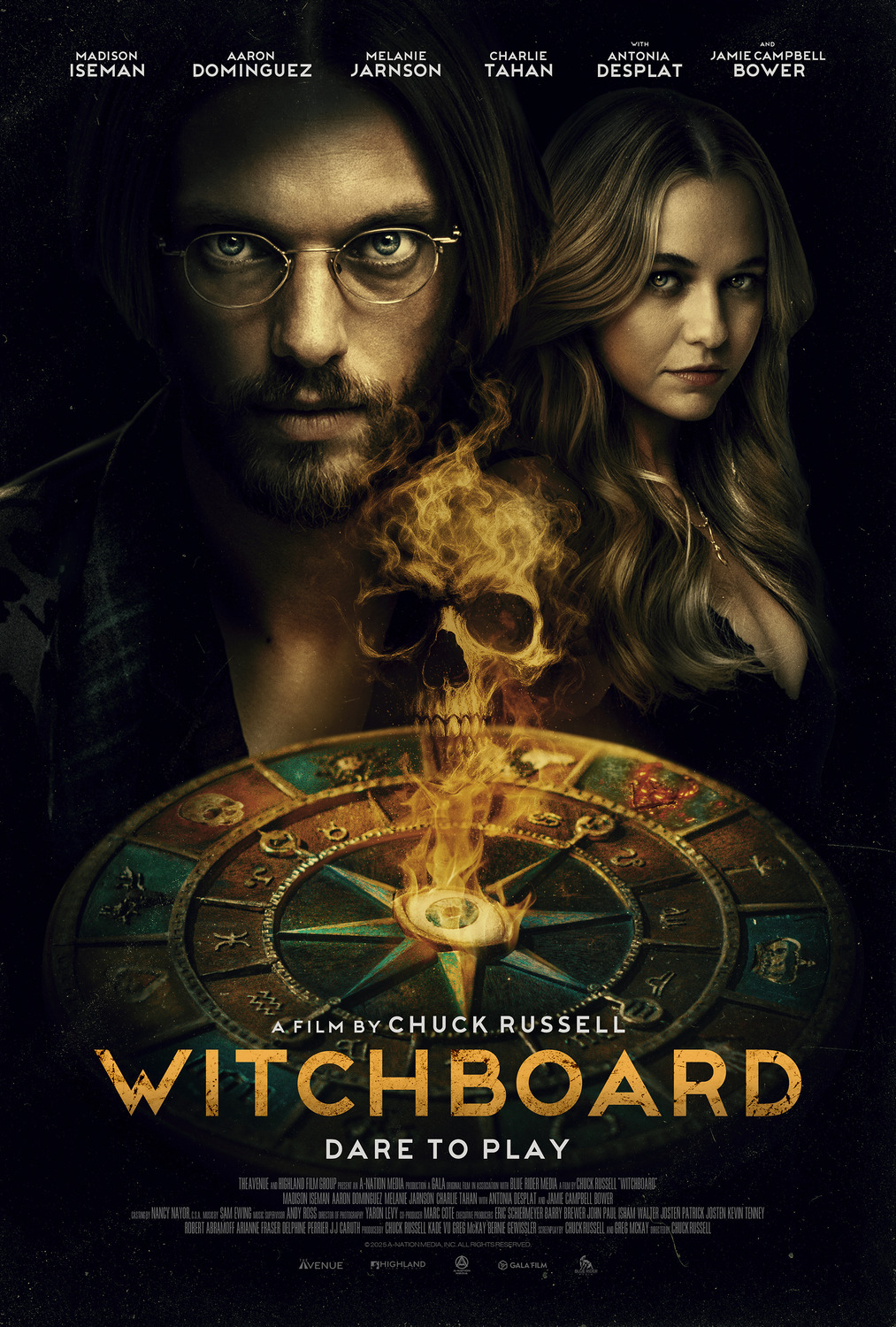
Critics Are… Divided? (Sort Of)
Despite its Fantasia Film Festival debut in 2024, Witchboard already carries a 100% Rotten Tomatoes score—a dubious honor given only six reviews. Deirdre Crimmins of Rue Morgue calls it “a movie that prioritizes madness,” which feels both damning and glowing. Josh Korngut of Dread Central praises its “practical-effects-driven” chaos, while Sarah Musnicky of Creepy Kingdom admits, “It never ceases to entertain.”
But compare this to the original: Kathleen Wilhoite’s unhinged performance in the ’86 Witchboard was a genre highlight, a blend of desperation and dark humor. Iseman, meanwhile, leans into fragility—a different kind of power. The film’s true villain might be Bower’s Babtiste, whose academic veneer cracks to reveal something far more sinister.
Why This Remake Matters
Horror remakes often stumble by clinging too tightly to their predecessors. Witchboard sidesteps that trap by embracing its own lunacy. The pendulum board isn’t an homage; it’s a rebirth. And yet, the film’s DNA remains rooted in the ’80s—a time when horror wasn’t afraid to be messy, moralistic, and morally gray.
Will it dethrone the original? Probably not. But as J Hurtado notes, it “satisfies fans of the earlier franchise”—and that’s saying something. The original Witchboard sequels were forgettable; this one feels like a fresh exorcism.

